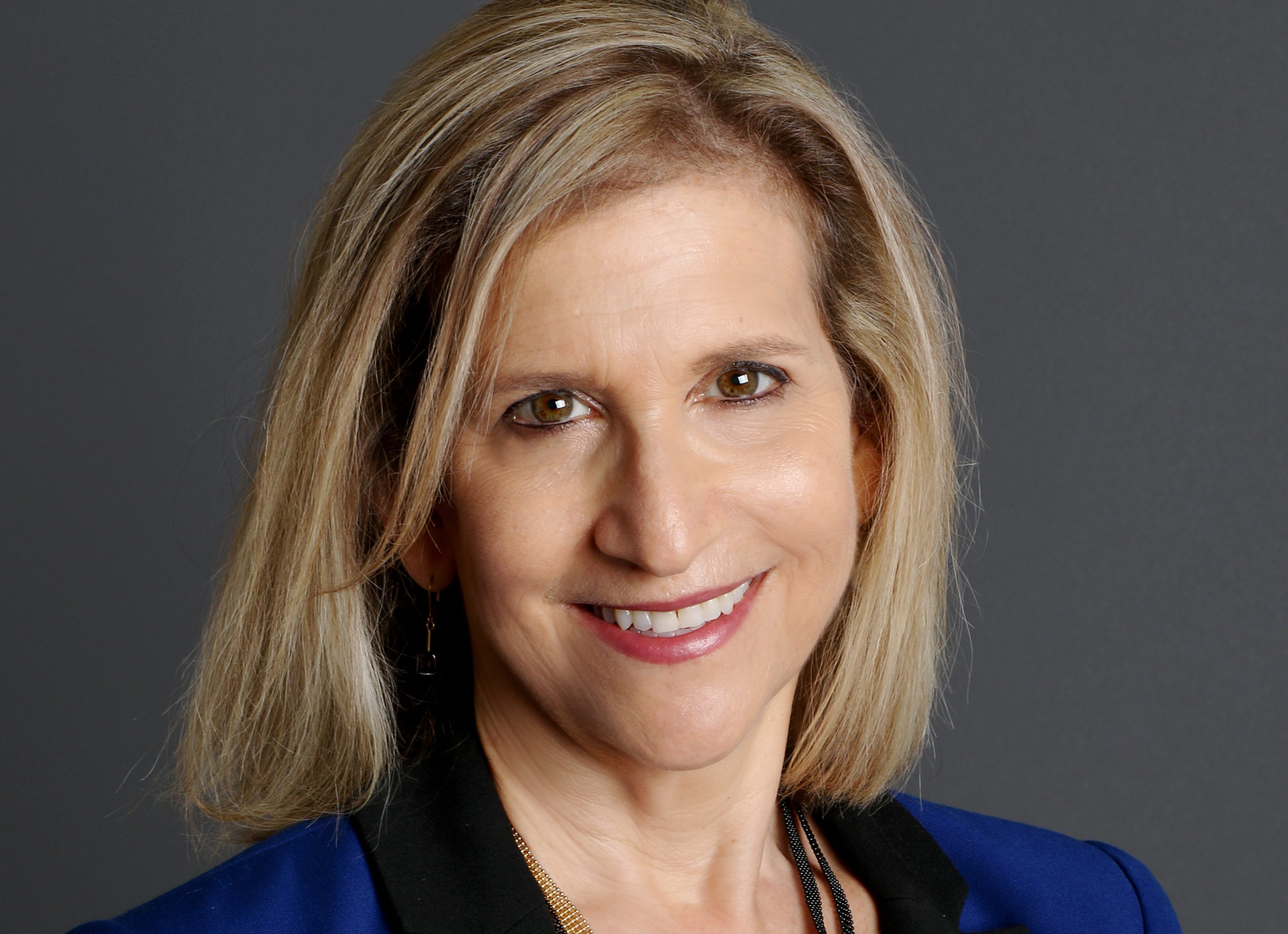Prompted by an “alarming rise” in antisemitism in the public square, an Ontario MPP is spearheading a counterattack with a bluntly named coalition of grassroots organizations: The Working Group Against Jew-Hatred.
Thornhill Conservative MPP Gila Martow, said it’s not a new Jewish organization but an effort to give smaller groups a voice by banding together.
“I don’t think everyone is going to work together all the time on every project,” Martow told The CJN. “I think everybody feels better realizing that they’re not alone.” The effort will try “to channel that frustration and concern into something positive.”
Leaders from a number of organizations came together at Martow’s home on Nov. 21. She said eight individuals attended in person and another dozen were on Zoom.
“A lot was accomplished in less than 90 minutes,” Martow said. “I was actually amazed. I thought it would take us three meetings to accomplish what we did in one.”
The working group announced its inauguration on Nov. 23 with a statement that included 15 signatories.
“It has become a matter of public record that all manners of hate and intolerance are investigated and dealt with quickly and efficiently by our public institutions—except those events that target Jews,” Martow said in the statement. She sees herself as the coalition’s facilitator or co-ordinator.
Apart from her, the coalition includes Toronto city councillor James Pasternak; End Jew Hatred; Canadian Institute for Jewish Studies; La’ad Canada; Canadians for the Rule of Law; Jewish Resistance; Doctors Against Racism and Antisemitism; Hasbara Fellowships Canada; Ottawa Supports Jewish Children; JTeach and NCSY; Canadian Antisemitism Education Foundation; Parents Against Antisemitism; Michael Teper, a Toronto lawyer; and the Toronto Zionist Council.
These groups “feel their concerns are not being addressed or they’re not seeing the results they want to see,” Martow said. “I’ve always felt there has been not enough co-ordination (among) the smaller organizations, and maybe even between the smaller organizations and the big three.”
By “big three,” Martow meant B’nai Brith Canada, the Centre for Israel and Jewish Affairs, and Friends of Simon Wiesenthal Centre. She said all of them were invited to take part in the new coalition — a representative from B’nai Brith did attend the meeting at Martow’s home — but she understands if they don’t.
“I wouldn’t expect them to. They’ve got their own teams of people they’re already working with. It’s very hard for them to coordinate such a big organization with something like this.”
In its statement, the group noted “an alarming rise in antisemitic incidents at publicly-funded institutions,” and listed several that occurred in the past.
But the event that spurred the creation of the coalition took place on Nov. 12, when about 200 students and staff at Marc Garneau Collegiate Institute in Toronto staged a noon-hour rally where signs and chants of “Free Palestine” and “From the river to the sea, Palestine will be free” were prominent.
“Many in the Jewish community are outraged that officials did not put an end to demonstrations calling for the eradication of Israel and her citizens of all nationalities,” the working group’s statement said.
“Sometimes, it takes one event to bring everybody together,” Martow said.
The group lists other controversies with the Toronto District School Board as being of concern, as well as the annual al-Quds Day march in Toronto, “Israel Apartheid Week” at universities, and the rally last May in Nathan Phillips Square, where pro-Israel and pro-Palestinian protesters clashed violently.
Martow sees strength in numbers as these small groups come together, “not just to complain or demand, but to offer positive dialogue and to counter the negative.”
That includes pushing public institutions, including universities and school boards, to adopt the International Holocaust Remembrance Alliance definition of antisemitism, get political leaders involved, and work with law enforcement and first responders to prepare for future flare-ups.
Its first act was to ask the Canadian Union of Public Employees to reject a resolution supporting the boycott, divestment and sanctions (BDS) campaign against Israel. CUPE members voted against the measure the next day.
“I’m just hopeful that people can keep positive dialogue going,” Martow said. “We have to focus on the real issues and co-ordinate and work together.”
Asked why organizations considered as progressive—JSpace Canada, Canadian Friends of Peace Now, and New Israel Fund of Canada—are not part of the coalition, Martow said: “I invited groups with whom I had a prior working relationship, who have mutual values on how to advocate for the community.”
She said “several” organizations involved in the coalition suggested that the three progressive organizations “do not fully support our consensus on the importance of adherence to the full implementation of the (International Holocaust Remembrance Alliance) definition of antisemitism.”
Canadian Friends of Peace Now has not taken a position on IHRA definition, explained the group’s national chair, Gabriella Goliger.
“We neither support it nor advocate against it. We consider that definitions of antisemitism are beyond our mandate. We choose to focus instead on promoting Israeli-Palestinian peace via a two-state solution and speaking out against the forces that impede this solution,” Goliger told The CJN.
Almost a year ago, the New Israel Fund of Canada (NIFC) withdrew its support for an Ontario bill on combating antisemitism that sought to incorporate the IHRA definition.
After supporting the bill, the NIFC changed course, saying there is “worrying” evidence that the IHRA definition will be used to suppress free speech by equating any criticism of Israel with antisemitism.
JSpace Canada, meantime, supports the IHRA definition “for the purpose for which it was intended, but we do not support campaigns to legislate it,” said Karen Mock, the organization’s national president, saying such campaigns “just fuel the propaganda against it, and the fight becomes over the definition, rather than actually countering antisemitism.”
Canada adopted the IHRA definition in 2019, while Ontario did the following year.
* This story has been amended to include mention of additional Jewish organizations that are not part of the coalition.
